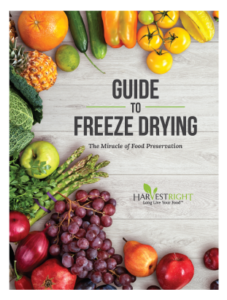Even if you’re a healthy eater, it’s easy to fall into a rut of eating the same reliable meals over and over. This is especially true of those of us who have lost weight or are losing weight. When you find meals that you like that also fit into your calorie quota, or whatever diet you’re on, the tendency is to not vary for fear of breaking a working system. The trouble is, in the long term eating the same foods over and over can take a toll on your health.
Vitamin D: A Cautionary Tale
For example, the medical community now believes that most adults only get about half the Vitamin D they need. Vitamin D isn’t actually a vitamin – it’s a steroid hormone. If you’re lacking in vitamin D you may experience depression, gastrointestinal troubles, aching bones, frequent illnesses and more. The problem is, Vitamin D is obtained through sun exposure. Since most of us either A) work indoors most daylight hours or B) wear sunblock when we’re outdoors, there’s a huge gap between what we’re making and what we need. You can obtain some Vitamin D from foods like salmon, tuna, fortified milk and orange juice. If you’re dieting, you probably just said “no, no, no and no”. Salmon and tuna are fatty fish and many dieters opt for lighter fish in order to reduce calories. Dieters also tend to avoid fruit juice because of the high glycemic impact (and calorie count), and milk isn’t on the radar for many adults unless it’s doctored up in a smoothie.
What Else Are You Missing?
The Vitamin D deficiency is a relatively new discovery which should make us consider what else we’re missing, and why.
- Vitamin E (antioxidant) – almonds, sunflower seeds, hazelnuts, sardines, avocados, sunflower oil, cottonseed oil, safflower oil
- Magnesium (regulates blood pressure, builds healthy immune system and bone strength) – nuts, peanut butter, spinach, oatmeal, beans, lentils
- Vitamin K (cell growth) – kale, collard greens, spinach, beet greens, mustard greens, Brussels sprouts, broccoli
- Choline (healthy muscle and nerve function) – eggs, beans, peas
In general, the trick is to vary the food you eat. Go for a range of colors, fat content, sources of protein and carbohydrates. Don’t totally cut out a type of food like fruit or fatty fish just because of its high-impact on calories. Think about adding avocado, nuts, and seeds back into your diet. It may also be time to get a blood test and have your doctor recommend supplements, especially if you’re on a weight loss or maintenance plan that is less than 1600 calories per day.




